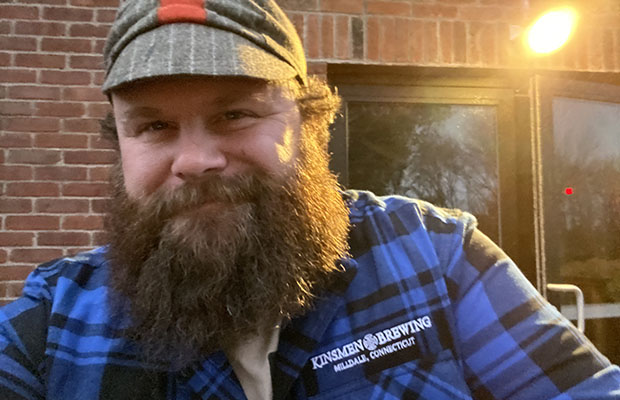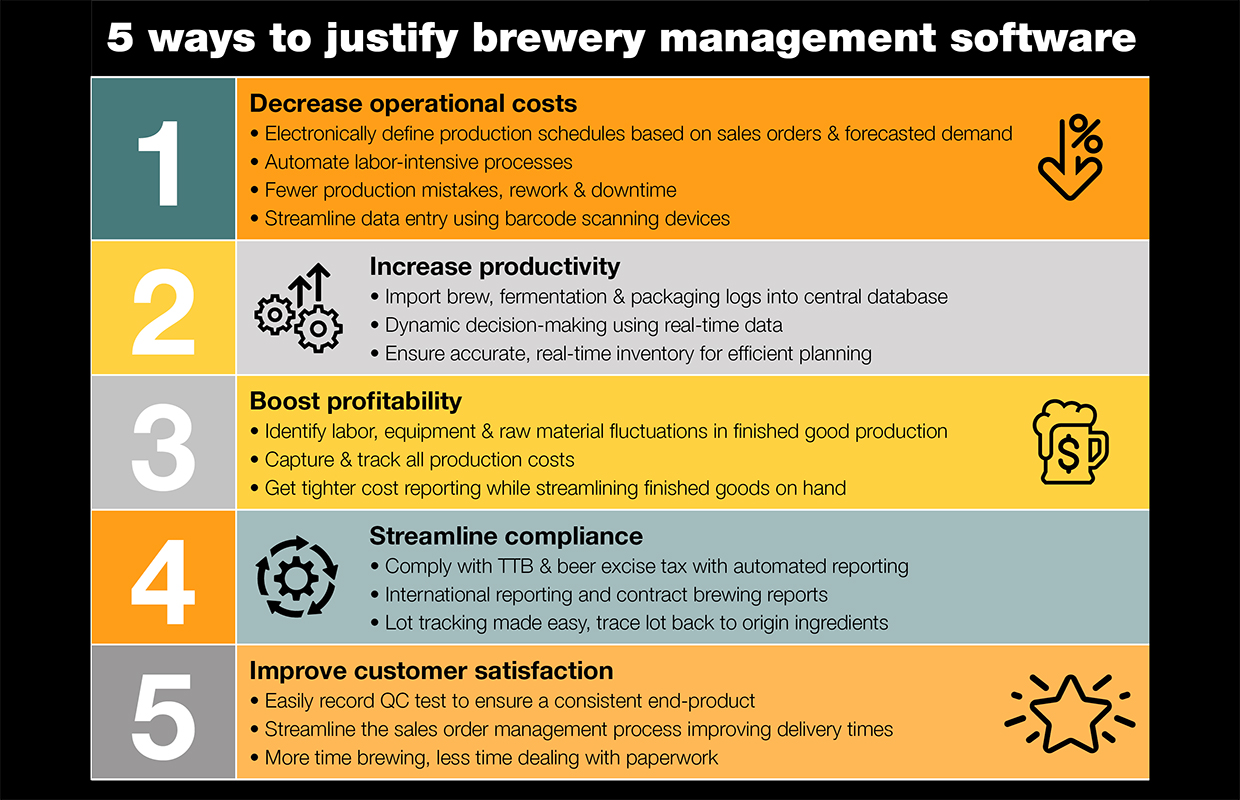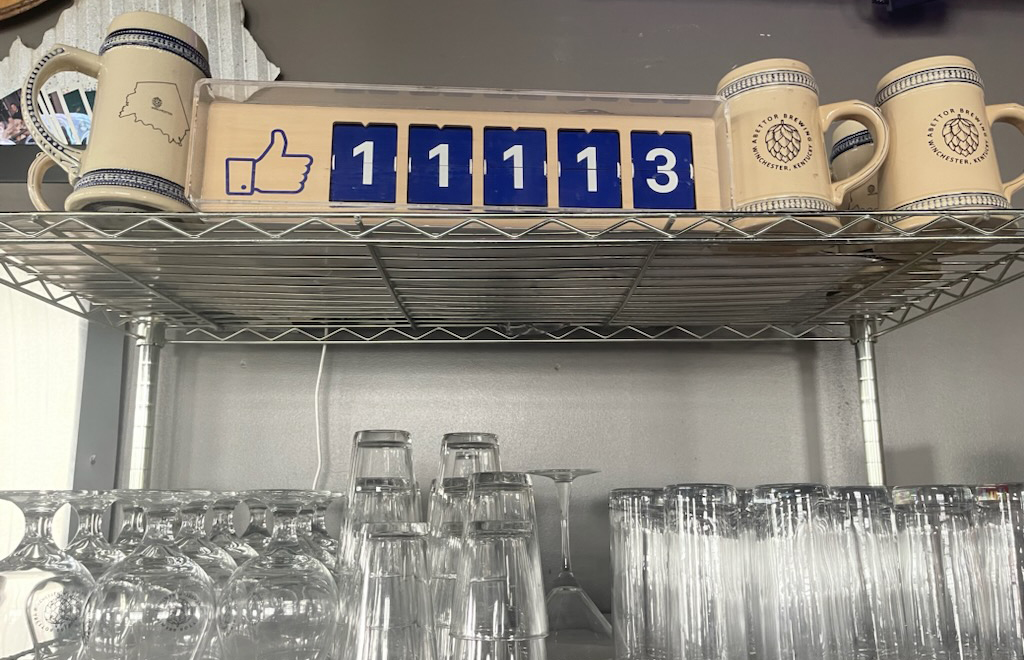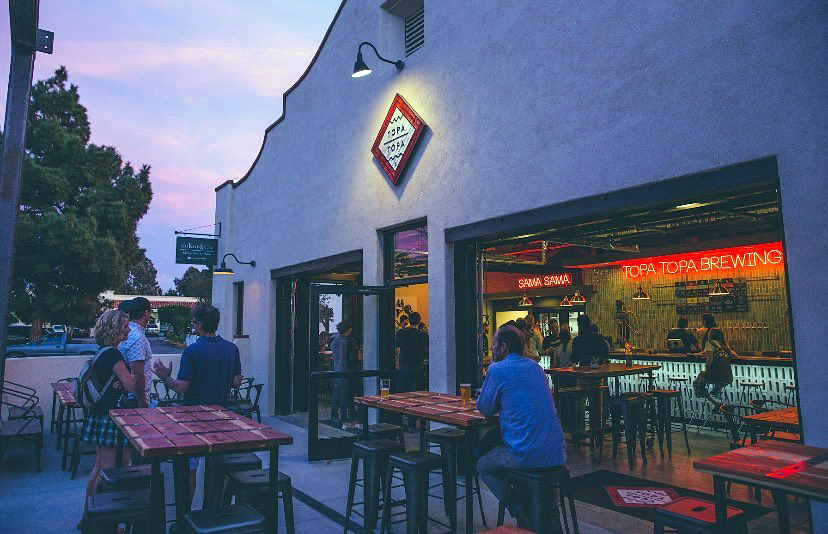
Brewer Magazine will share business and personal insights from Brewmasters, Head Brewers, Brewing Managers, Sales Directors, QCQA Managers and others each weekend to help you get to know each other better in the industry and learn more to better develop your own brand.
BREWER: How do you feel your job has had to adapt in the beer market compared to a few years ago?
LEFORT: Early on, it became apparent. With the market in Connecticut growing as rapidly as it has — and with everyone using social media as their advertising forum — it became apparent that we needed to showcase how Kinsmen differentiated from other breweries in the state. [Editor’s Note: LeFort was Brand Foreman for Kinsmen Brewing at the time of this interview. He now consults on social media marketing for other area breweries.] To do that, I started promoting the “experience” — the reason you would want to come to Kinsmen. So, instead of just showcasing our premium craft beer, I started to focus my posts on our massive taproom, unique events we were planning, etc. Two things that were huge for us, from Day One, were music and food trucks. They offer something more than just beer — they add to the appeal and help you build your customer base. We opened our own restaurant, Sauced, in 2018, which — we felt, and have since proved — was a sure thing that made us a little different from everyone else. Not only is the food awesome, but it allows us to serve our guests better with food and drink, all in one spot. Music has grown to be a little more tricky. We have always focused on local artists, but as their careers began to grow, they started to play out more and at other breweries as well. So, in regards to maintaining and growing the brand through experiences, that’s a moving target for sure — but, thankfully, there’s no shortage of burgeoning artists in Connecticut.
LEFORT: I started off as a homebrewer in college at UConn — so I quickly gravitated to David Wollner and Willimantic Brewing Company, which led me down the street to Zok’s Homebrewing and Winemaking and Zok, himself — Paul Zocco. I don’t know if either of those guys would want to be considered mentors, so I’ll just say that they’ve offered me over a decade of inspiration and I am forever grateful. Additionally, Michael Saklad — who was with Stone Brewing when I first met him — now with Lone Pine, took me under his wing and actually got me — physically — into the craft beer scene; whether I was lugging around jockey boxes and pulling beers, or just hanging out with him and some of his friends from the industry to get my head in the game. Those three dudes, at minimum, represent where I came in and why I am still here.
LEFORT: There’s no guidebook to being successful in craft beer, aside from brewing great beer that appeals to your demographic. So for me it was immersing myself in the craft beer scene and not just the business. Everyone knows they have bills to pay, and everyone knows that IPAs are the big seller, but you’ll never pick up on trends and how you should react to them by focusing just on the business. For me, you need to make sure you are still relative and can relate to your customer base. That said, the biggest thing, I think, in representing a craft beer brand right now is to get out on the taproom floor, or at a brewfest, and be humble. When you’re out in the crowd, don’t overplay your brand and never talk down another brand. As big as it is, the craft beer scene is a tight community and stories spread like wildfire.
LEFORT: To be able to have the willingness to showcase other styles of beer instead of IPAs and Stouts has been huge. Not only does it allow us to keep the brewing end of things fun and exciting, but it opens the brand up to more customers. We’ve seen a huge resurgence in Lagers. So we starting brewing them and I started focusing on them. Eventually, people came in asking for them. Additionally, buying ingredients locally is always appealing as not only are they fresher, but you’re a local business helping a local business. Being that Connecticut has seen a boom in farms growing grains and hops, it was a no-brainer that we started buying our ingredients from them.
LEFORT: You always need to keep and open mind and stay on your toes; in the know. Marketing, in general, is shifting dynamically — and to be able to take your focus off of the product, and to put it on the experience — is a risk. … Swiping through perfectly poured beer after perfectly poured beer is getting a little long in the tooth — sure, it has it’s appeal to a lot of folks out there — so you need to post stuff like that. But there’s nothing more appealing to me, as the photographer and storyteller, as an abstract picture of a beer in a lifestyle setting: a canoe going down the river; out by a fire pit; in a sweating cooler on the beach. If you want to edge out in front of your constituents you need to change your approach by a degree to showcase your personality and culture.






Be the first to comment